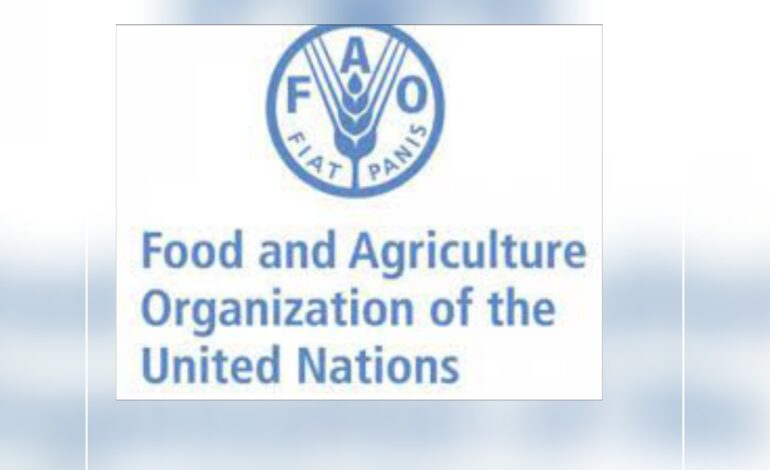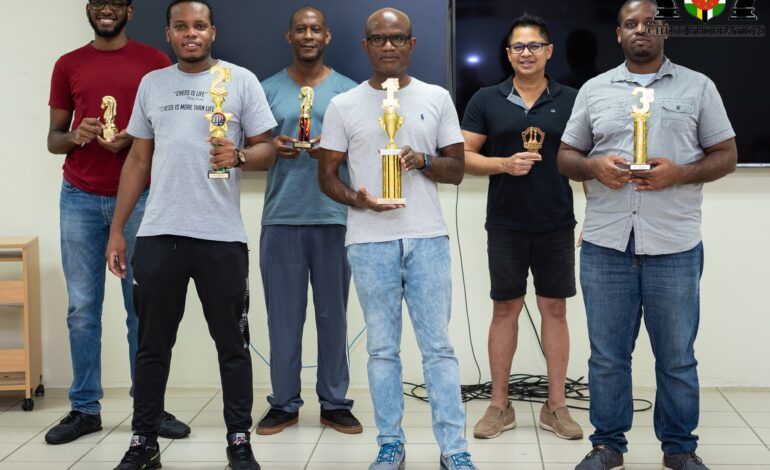
The +Rural + Digital meeting brought together more than 1,500 participants and was attended by representatives from different countries worldwide.
Through the virtual fair +Rural +Digital: Promoting the integration of the rural world, the Food and Agriculture Organization of the United Nations brought together entrepreneurs, government representatives, cooperation agencies and private companies to talk and exchange experiences, generate alliances and commitments that contribute to improving the digital integration of the rural world and agri-food systems to face the post-COVID-19 challenges.
The virtual event was part of the 1000 Digital Villages initiative and the project “FAO-China South-South Cooperation Program”. It had the participation of more than 1,500 people.
FAO Regional Deputy Director and FAO Regional Representative for Latin America and the Caribbean, Mario Lubetkin, inaugurated the event. He highlighted that the organization began a path “to move towards better forms of production and exchange in the rural world, incorporating new technologies through the 1000 digital villages initiative”.
Lubetkin also highlighted the role of these new technologies in transforming of rural territories, noting that “the digital transformation of the rural world represents a strategic opportunity for sustainable development and cooperation.”
Through a virtual platform, fair participants had access to four thematic tables with experts, free courses on digital marketing and innovation in agriculture, and stands with information on tourist experiences in 10 countries in the region (Dominican Republic, Guatemala, Chile, Nicaragua, Belize, Cuba, Venezuela, Ecuador, Colombia, and Peru). (All the material and videos of each table will continue on the platform online and free here)
The discussion panel included the participation of Angela Penagos, president of the Fund for the Financing of the Agricultural Sector (FINAGRO); Mónica Rodrígues, economic affairs officer, ECLAC; Donghong Lin, Rural Vitalization Commissioner of Alibaba in Pingshun County, Shanxi Province, among others. The panelists highlighted the role of politics in digital transformation’s challenges, focusing on moving towards more inclusive, resilient, and sustainable agri-food systems with the environment.
Along these lines, Mónica Rodrigues from ECLAC proposed that “it is possible to generate, by 2050, low-emission food systems based on existing technologies. Although not all of them are currently cost-efficient, they can be with the help of digitization.”
Angela Penagos from FINAGRO stated that “one of the biggest challenges is trying to include 750,000 new rural producers in the financial system, who most likely have never had contact with any financial service for the agricultural sector”.
Francine Brossard, executive director of the Foundation for Agrarian Innovation (FIA), an innovation agency of the Chilean Ministry of Agriculture, pointed out the importance of women in articulating with governments to implement public funds. While Silvia Massrusha, digital agriculture researcher at the Brazilian Corporation for Agricultural Research (EMBRAPA), highlighted the central role of cooperatives in digitalization challenges.
South-South cooperation experiences from Alibaba Foundation and FarmBetter
The South-South Cooperation: Digital Transformation and Innovation in Agriculture project organized a debate panel to hear the experiences of other regions of the world. In this conversation were Annie Lin, Rural Vitalization Commissioner of Alibaba in Pingshun County, Shanxi Province, and Benjamin Gräub, a FarmBetter expert who leads a digital advisory team for farmers in sub-Saharan Africa, Latin America, and Asia.
Annie highlighted the government’s role in said digitalization processes. She indicated that “the Chinese government seeks to promote the digital environment and electronic commerce so that they reach all traditional businesses, providing the infrastructure and Internet access to favor This process.”
Benjamin Gräub, FarmBetter expert shared with the panel his work experience in East Africa, India, Nepal to give digital support to farmers and solve the challenges posed by the negative effects of climate change. He assured that he and his team focus “on management practices, but we also have a database on sustainable practices, easily accessible to farmers through digital literacy.”
The +Rural +Digital Fair made it possible to identify the paths the region will have to follow to advance in the transformations that allow the consolidation of innovative, resilient, efficient, sustainable, and inclusive agriculture.






